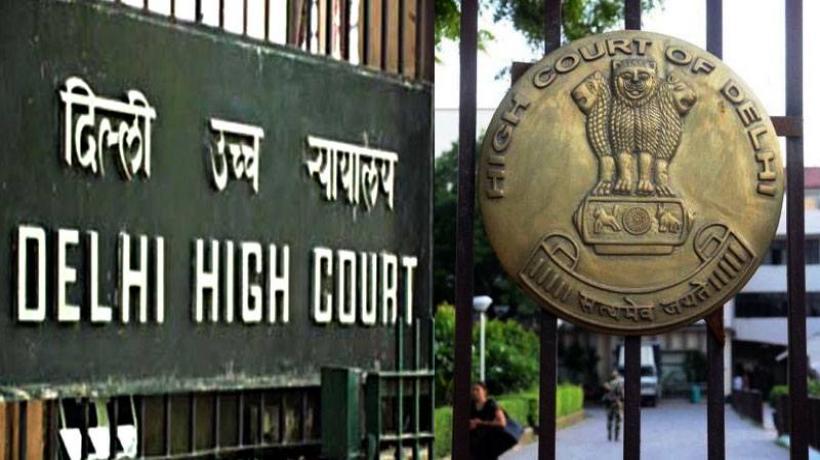


The Delhi High Court in the case PCIT Versus Future First Info. Services Pvt. Ltd. observed and has held that the high-end knowledge process outsourcing, KPO services provider cannot be compared with the information technology-enabled services, ITeS, which fall under the category of BPO services provider.
The bench comprising of Justice Rajiv Shakdher and Justice Girish Kathpalia in the case observed and has stated that eClerx focuses on automation and process re-engineering in order to eliminate wasteful steps and automate repetitive ones so as to minimize the need for human intervention and present their clients with cost savings that exceed those from simple wage arbitrage, which in turn reduces the need for costly, highly skilled resources and gives it the ability to scale solutions quickly, both for existing clients and also for new ones.
The court stated that the assessee has employed fresh graduates, engaged in simply punching in the data and another significant aspect being that e-Clerx carries out its substantial business on an outsourcing model, which makes it different from the assessee.
In the present case, the respondent or assessee being a subsidiary of GHF Holdings Ltd., Mauritius, is engaged in providing information technology-enabled services, ITeS to its associated enterprise, AE through online software, live information services, and research on international databases.
Therefore, the assessee filed its return of income, declaring its income as Rs. 8,34,16,421. The present case have been selected for scrutiny, thus, the notice has been issued under Section 143(2) of the Income Tax Act.
However, the Transfer Pricing Office, TPO benchmarked the transaction of the assessee using the Transactional Net Margin Method, TNMM with a Profit Level Indicator, PLI of operating Profit to Operating Cost (OP/OC) with nine comparable and a margin of 22.72%. Thus, the TPO proposed an adjustment for an amount of Rs. 3,42,98,762.
The Assessing Officer, AO passed the draft assessment order, incorporating the addition on account of the Arm’s Length Price, ALP determined by the Assessing Officer besides the additions, namely, disallowance of rent paid by the assessee without deducting TDS and payment made to the person specified under Section 40A(2)(b).
Further, the assessee challenged the assessment order by way of appeal before the Commissioner of Income Tax (Appeals). Thus, the CIT(A) partly allowed the appeal of the respondent or assessee by directing the AO/TPO to re-compute the average PLI with a final set of comparable to verify the disallowance related to rent expenses and the addition pertaining to Section 40A(2)(b) was deleted by CIT (A).
The department contended before the court that the assessee, as well as e-Clerx being involved in KPOs, was wrongly excluded from comparison by the Tribunal.
It has also been pointed out by the assessee the various differences between the respondent/assessee and e-Clerx as regards the structure and functionalities of the two entities and unlike -Clerx, the primary function of the respondent or assessee is simply punching in data from freshly employed graduates with no trading experience without even entering any market risk.
The court stated that the distinction between a BPO and a KPO is a vital aspect in the present case to keep in mind.
The court while considering the facts and circumstances of the case observed and has held that the tested party is not a KPO service provider, an entity rendering KPO services cannot be considered comparable for the purposes of transfer pricing analysis.
The counsel, Advocate Vipul Agrawal appeared for the Petitioner.
The counsel, Advocate Ananya Kapoor represented the respondent.